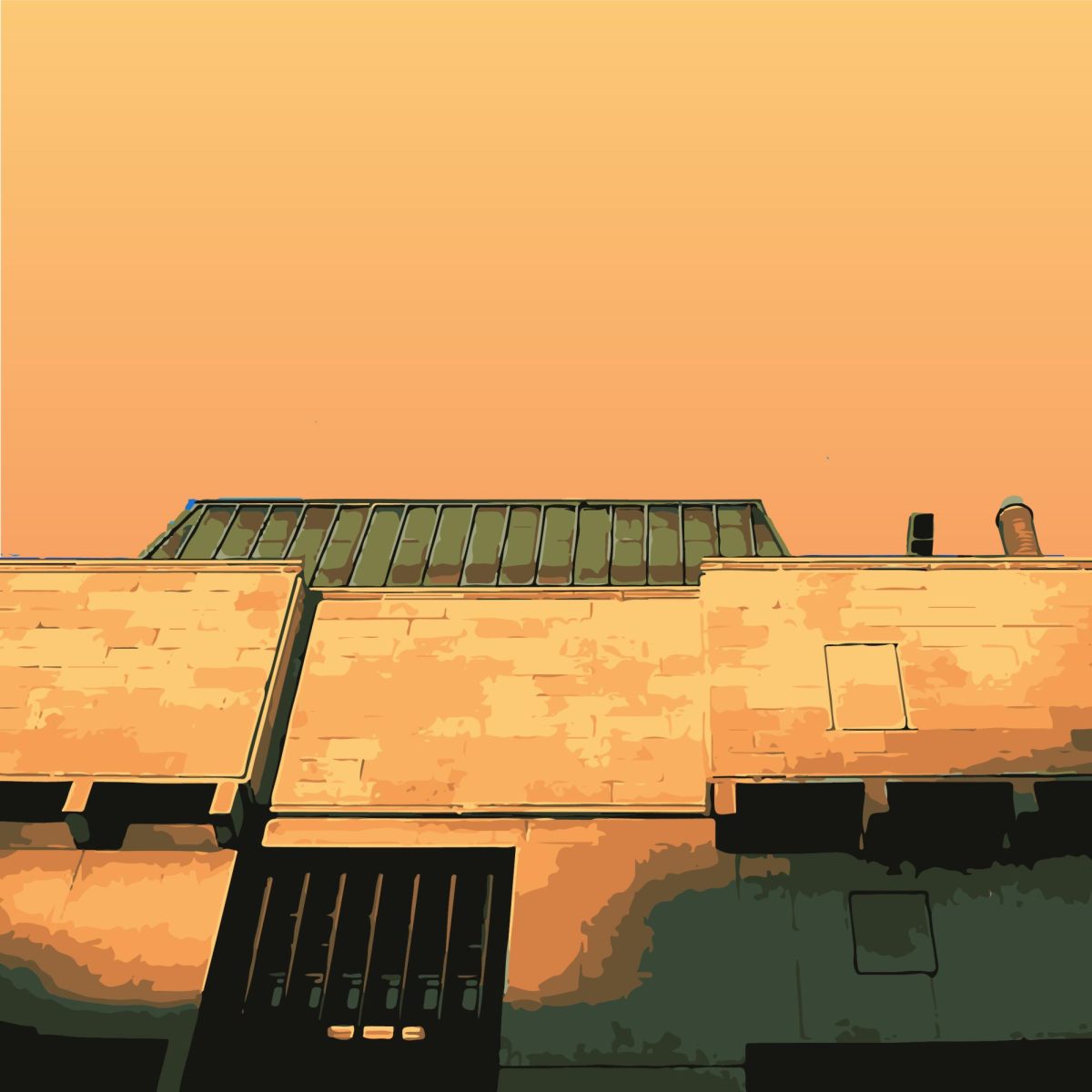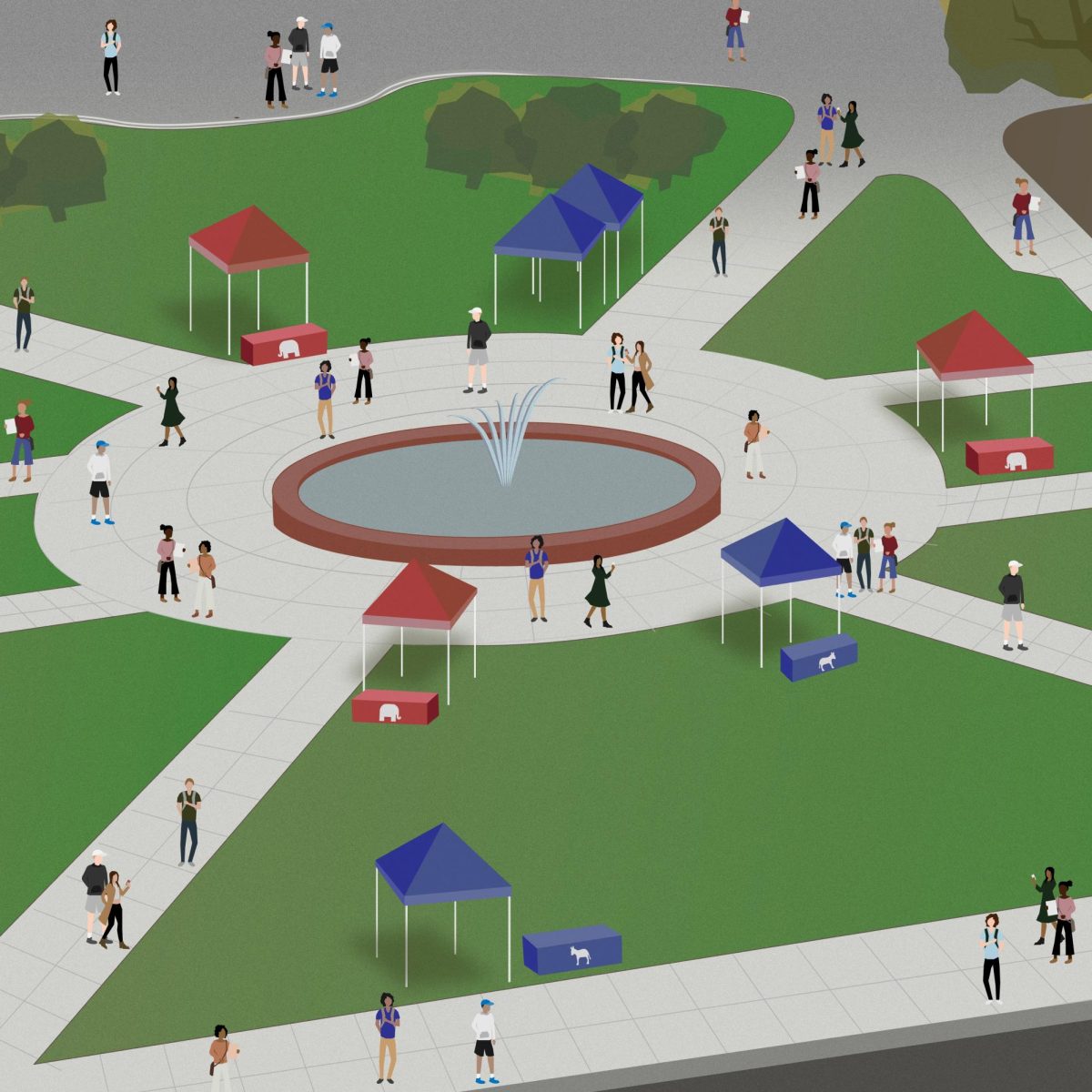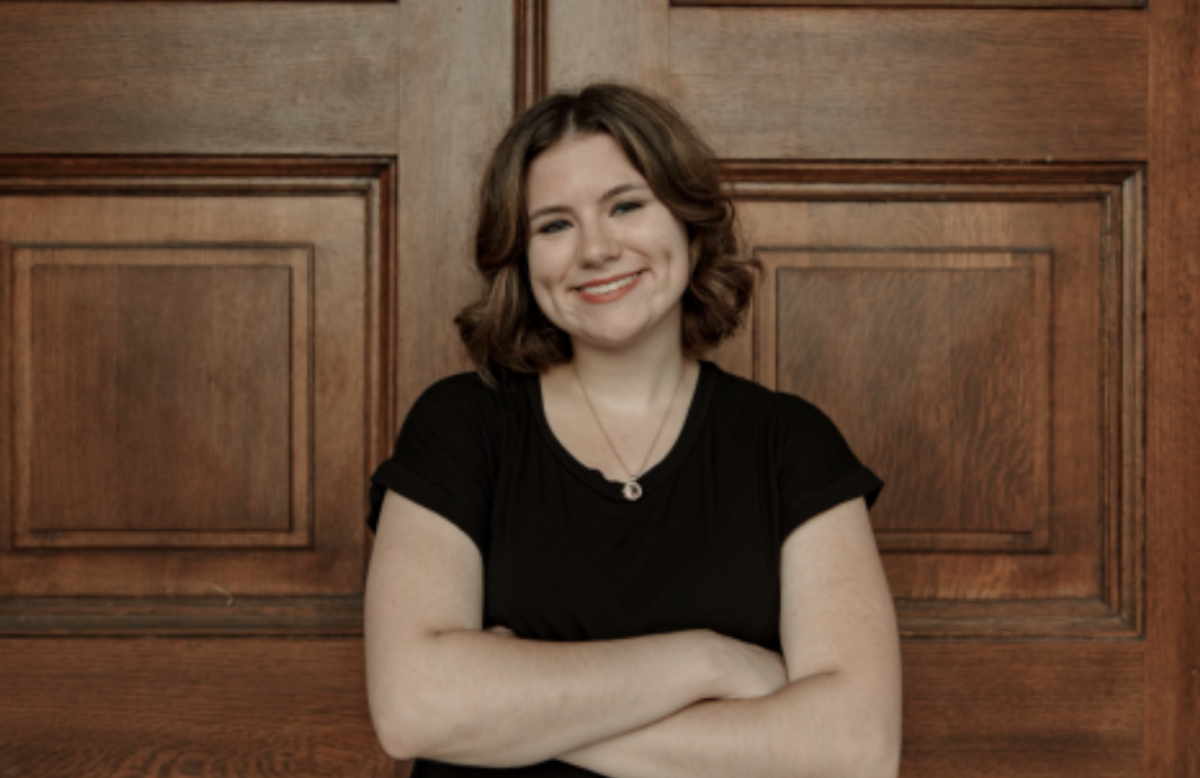No two paths leading Badgers to the University of Wisconsin are exactly the same, and for UW faculty member Jampa Khedup, the journey to Madison began when he decided to start a new chapter of his life after spending 20 years as a monk in India.
After his years at a Tibetan Buddhist monastery, Khedup is now an associate lecturer at UW and has taught modern Tibetan language in the Department of Languages and Cultures of Asia since 2005.
In 1959, Khedup’s parents left Tibet in the midst of the Dalai Lama’s escape from Chinese military forces. Trudging through the frozen desert of the Tibetan steppe, refugees wishing to escape must cross the Himalayan Mountains, an almost-impossible feat of will and endurance.
After his mother and father settled in India, Khedup was born in Mysore in the southern part of the country. Unlike his parents and members of his community, he had fewer difficulties with becoming a member of Indian society than most of the Tibetan refugees in his area.
“It was not as difficult to me compared to those who came from Tibet,” Khedup said. “Especially in the Eastern part of India, people suffered a lot and got sick.”
When Khedup was 8 years old, he was enrolled into St. John’s High School in Bangalore City. As a child, he was as ambitious as many of his schoolmates, with dreams about becoming a businessman or being in a position of importance where he could distribute resources to Tibetan refugees. However, his parents had different plans for him.
Among Tibetan Buddhists, as a gesture of gratitude, it is a traditional practice that a family of multiple sons would send one to a monastery.
“It is a source of pride,” Khedup said. “Since our family has five brothers, they decided to send one to the monastery. And I was the one they chose. In the beginning, I was not happy, but I was too young to go against my parents’ wishes.”
His life as a monk in training was very different from the daily stresses of being a schoolboy in India or the difficulties of teaching a classroom of students in Madison.
Khedup said his daily routine consisted of getting up early to go to congregation, which was followed by tea and bread. Members of the monastery would then spend a great deal of the day focusing on memorization and recitation of scripture.
“The majority of the time we spent on memorization and meditation, recitation and then philosophy and debate class. Even today, I could go for hours and hours reciting all the scriptures,” he said.
While Khedup missed his friends and family as he grew in the monastery, he enjoyed certain aspects of the monastic life.
“The people are calm and peaceful and laid-back; there’s no rush in anything,” he said. “There’s no rush in the monastery to get trivial things done. The environment itself is very soothing, very unlike the Western world.”
Though growing up in a monastery is a far cry from the experiences of most, monks are required to participate in the work many people can identify with in the traditional sense, including cooking for the entire community. In addition to their spiritual focus, monks at Khedup’s monastery had to do manual labor to keep their order running smoothly, including working in the government-sanctioned fields to harvest crops.
By the time he reached adulthood, Khedup gave up on the idea of returning to his former life and decided instead to focus on studying. He graduated from Sera Monastic University and obtained his Geshe degree in 1997, a PhD in Buddhist philosophy.
Aside from fostering his interest in Buddhism and its philosophy, Khedup attributes his time at the monastery in allowing him to choose the career path that brought him to UW. Fellow monastery member Geshe Thabkey became Khedup’s continuing source of counsel and guidance even after Khedup left the monastic order.
“The way he looked after me was really extraordinary. He took care of my spirit,” Khedup said. “Your teacher does more than simply teach you. They are like your parent, guardian, friend and counselor. He is your everything.”
Wanting to assist Thabkey in the United States, Khedup came to Deer Park Buddhist Center in Oregon, Wis. in 1998. During his stay at the center, he taught lectures on Buddhism in local schools and community organizations.
While Khedup intended his time in the U.S. to be short, he found a passion for teaching and education and a sector of the population that he believed he could help. After spending time in the U.S., Khedup realized he wanted to help Tibetans in Madison more than he wanted to continue his life as a monk.
Khedup now contributes to the local Tibetan community by teaching the Tibetan language at a local school every weekend.
“Being a monk is not as important as being a good person,” he said. “What is important is not whether I am a good Buddhist, but whether I am a good person. You have to be one to become the other.”
Although Khedup has established himself as a community leader in Madison and has little regret about leaving the monastery, he said he hopes to one day visit Tibet to experience the roots of his teachings.
Tibet currently remains under China’s control and foreign visitors are closely monitored. Still, Khedup has hopes one day he will be able to see the holy city Lhasa.
“People often say that when you are born outside Tibet and you step on the soil, the land of your ancestors, it’s an emotional thing,” Khedup said.












